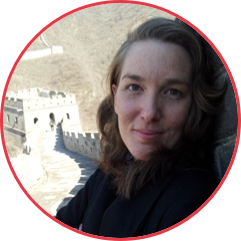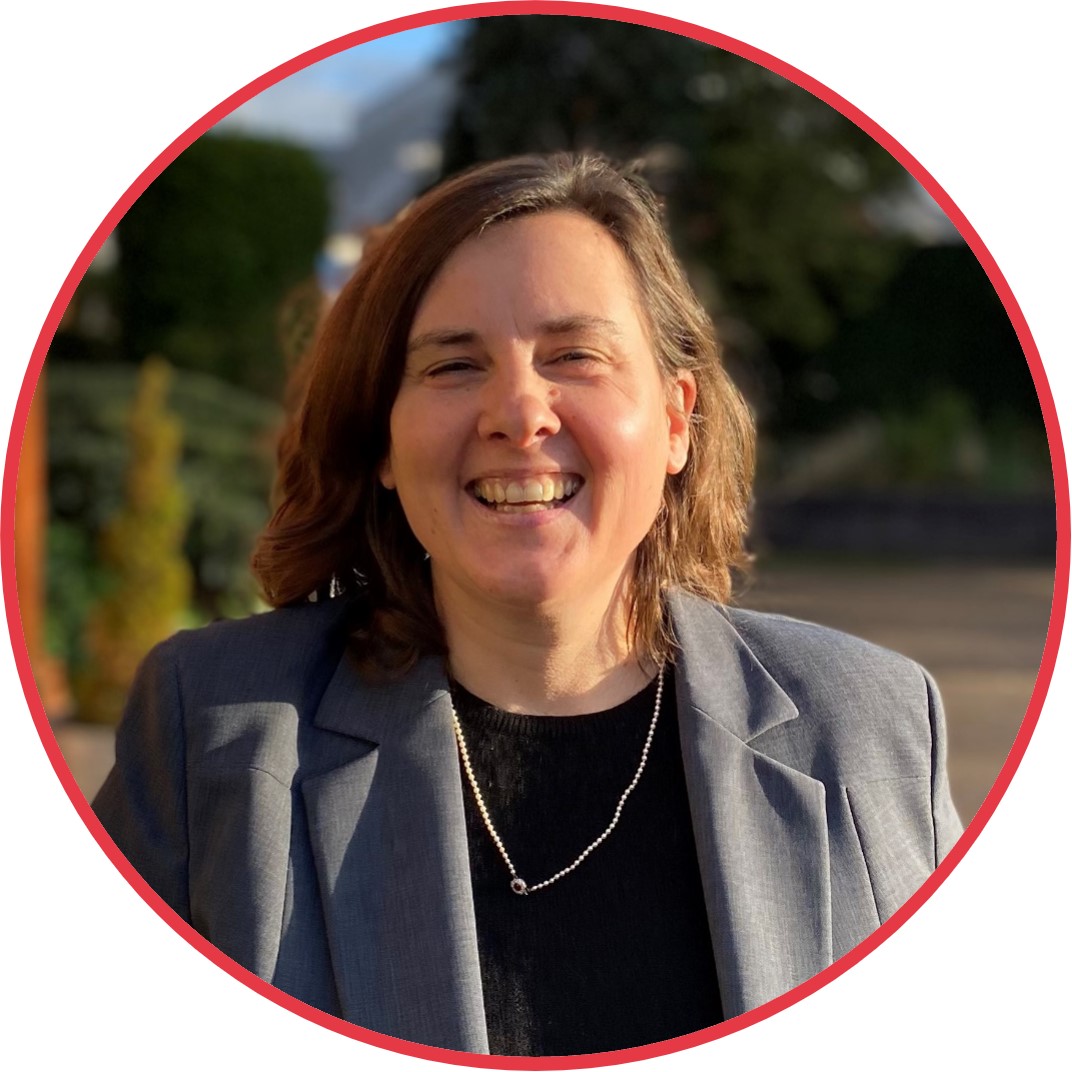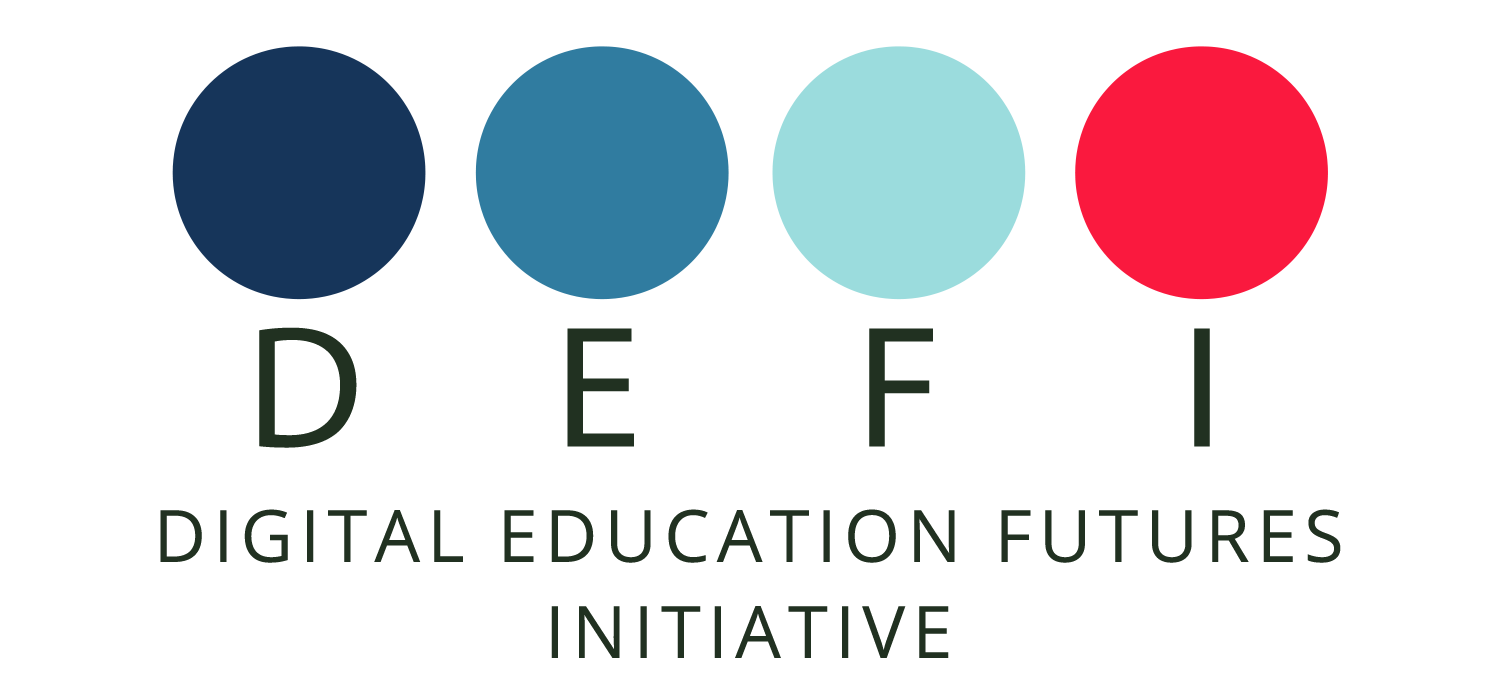Gaming strategies are proven to increase usage of software, but do they aid learning? And — in a sea of simplistic games often bolted-on to core software – do novel strategies exist? We’ll look at the latest research and innovative deployments to see which ideas provide a level up and which ones need a power boost.
This session was held via Zoom on 19 May 2022. Watch the full session on YouTube or jump to a topic below.
Presentations
1:42 – Prof Thorkild Hanghøj – Games as spaces for dialogue and expertise
11:47 – Lisa Petro – Developing Global Citizens through gamified dialogic practices
21:38 – Marianne Pickles – Learning English in Minecraft
Questions and discussion
33:04 – Are there free games that can be used in schools?
36:46 – Is the terminology “gaming in education” different from “gamification?”
41:26 – Games for technical, professional, or entrepreneurial education
44:14 – Can the Adventures in English game be played in multiplayer mode?
46:15 – How can teacher training help to develop skills for games-based learning?
52:26 – Have you noticed differences in games uptake between countries and cultures?
58:04 – Are there any known negative impacts for using games in education?
1:03:21 – Any specific papers to recommend on gaming in education?
Panellists

Prof Thorkild Hanghøj
Professor of Games and Learning, Aalborg University

Lisa Petro
Education and Quality Lead, Generation Global

Lorenzo Raffio
Digital and Monitoring, Eval., Acc'tability and Learning Lead, Gen. Global

Marianne Pickles
Head of Assessment Dev., Cambridge University Press & Assessment
Moderator

Dr Imogen Casebourne
Research Lead, DEFI Innovation Lab
About the panellists
Lisa Petro
Presentation Title
Developing Global Citizens through gamified dialogic practices
Presentation Overview
Young people all over the world engage in diverse and online social spaces. These online communities use gamified incentivization to increase retention, but most platforms lack support for meaningful learning on how to communicate. Generation Global’s Ultimate Dialogue Adventure provides a gamified pathway for students to engage in dialogue and intercultural relationships through meta-cognitive interventions, to build dialogic skills and develop attitudes of open-mindedness, resulting in diversity awareness and increased global citizenship. In this session, participants will learn about the learning architecture of this dynamic, student-led platform, how it was developed, and the impact it has had on students all over the world.
Takeaways
Participants in this session will:
- Explore the Ultimate Dialogue Adventure and how its learning architecture supports the development of dialogic skills and open-mindedness in youth ages 13-17.
- Learn about the process and resources used to develop a gamified, student-led pathway from the ground up.
- Gain an understanding of various benchmarks for measuring the efficacy of the Ultimate Dialogue Adventure in meeting the stated objectives of the learning experience.
Lorenzo Raffio
Lorenzo specialises in leading the development of large-scale digital learning platforms and in monitoring and evaluating the impact of educational activities designed for young people. He is interested in research concerning experiences in education involving innovative technological tools that leverage the power of the internet to create opportunities for dialogue and intercultural exchange. He has a decade of experience building accessible and inclusive digital spaces. He holds a BSc in Economics (La Sapienza University, Rome) and a MSc in International Development and Social Anthropology (Birkbeck College, University of London).
Thorkild Hanghøj
Marianne Pickles
- Theory and research underpinning the game design
- The approach to the design of learning content and tasks within the game
- The role of user testing and data
- Future directions in games for English learning.


